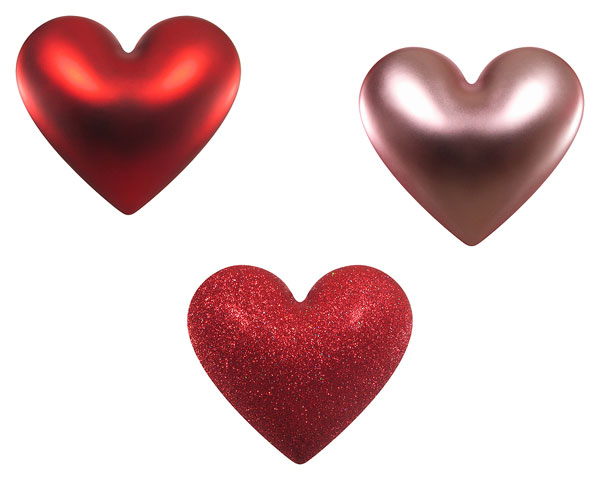In today's digital age, first impressions are no longer solely made in person. With the prevalence of social media and professional networking platforms like LinkedIn, your online presence often precedes you, shaping perceptions before you even have a chance to shake hands. Among the key elements of your online presence, your LinkedIn profile picture holds significant weight. Princeton researchers found that people form an opinion of you from your photo within 1/10 of a second.
Here's how to ensure your profile picture makes the right impression:
1. Forget the Selfie Ditch the casual selfies for a professional portrait that exudes trust and credibility. A clear, well-composed image sets the stage for meaningful connections and fruitful networking endeavors.
2. Strike the Right Pose Opt for head-to-shoulders or head-to-waist shots to strike the perfect balance. Close-up shots can come off as intimidating, while full-body shots might diminish your professional gravitas.
3. Let Your Smile Shine A winning smile can work wonders. Aim for a genuine smile that showcases your teeth and adds warmth to your expression. Remember, a closed-mouth smile pales in comparison to one that lights up your eyes.
4. Make Eye Contact The eyes are the windows to your digital soul. Maintain direct eye contact with the camera to establish trust and connection. Don’t try to look cool by wearing tinted glasses or sunglasses. If people can’t see your eyes they won’t trust you.
5. Dress for Success Whether you're a CEO or a creative, traditional business attire reigns supreme. Dressing the part not only commands respect but also signals professionalism and attention to detail.
6. Mind the Background Choose a background that complements your personal brand and profession. Opt for a plain, non-distracting backdrop that puts the focus squarely on you. Remember, less is often more when it comes to background selection.
Your LinkedIn profile picture serves as the digital handshake that precedes your professional encounters. It's more than just a visual element – it's a powerful tool for shaping perceptions, establishing credibility, and forging meaningful connections. By investing in the best online picture for LinkedIn, you pave the way for success and ensure that your digital presence accurately reflects your professional identity. So, take













